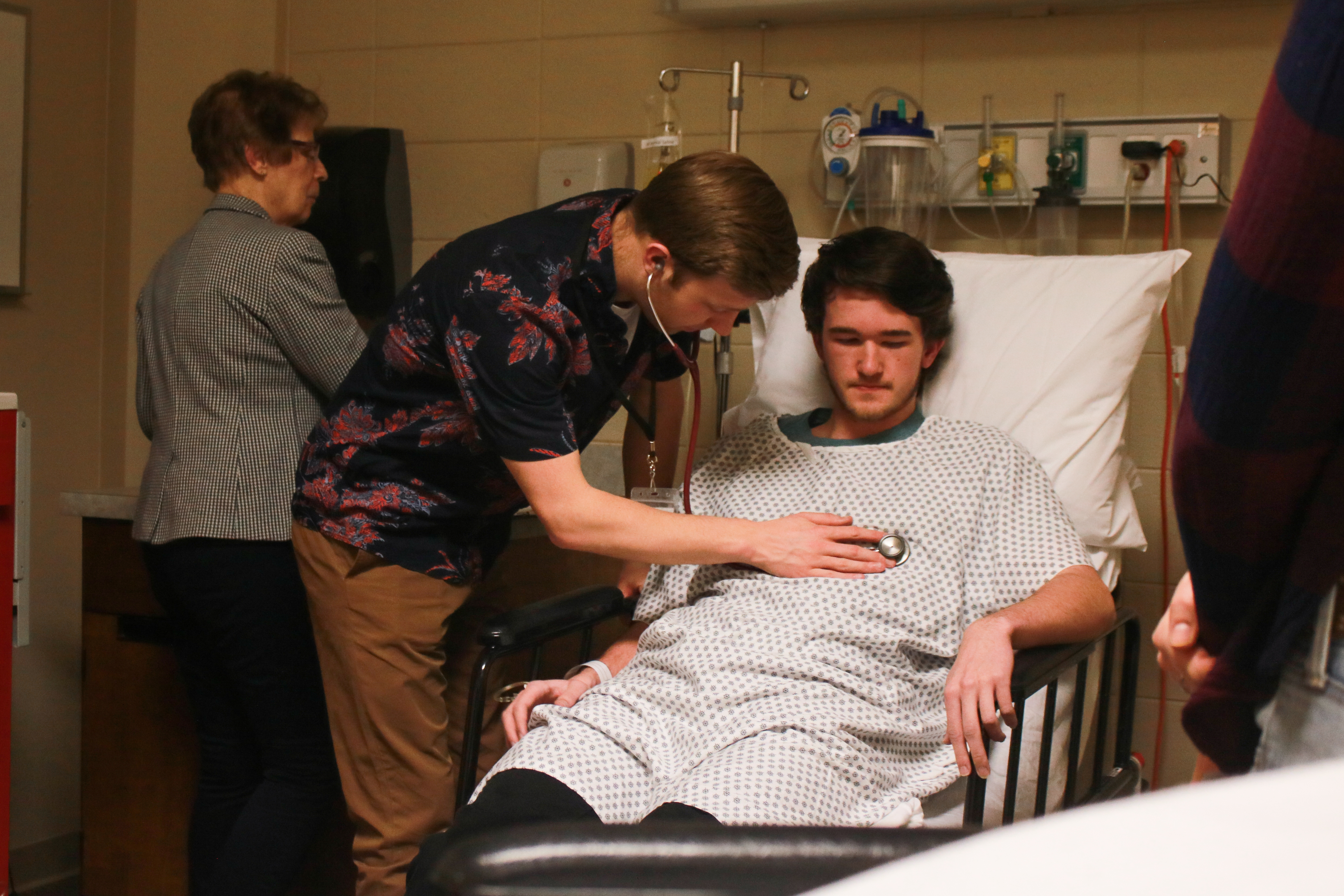Education
- Doctor of Nursing Practice/Family Nurse Practitioner, University of Michigan-Flint; May 2016
- Bachelor of Science in Nursing, Calvin College; May 2009
- Faith Community Nurse and Faith Community Nurse Educator; June 2009
Specialty
- Adult
Professional Experience
- Associate Professor of Nursing, Calvin University 2023 - present
- Assistant Professor, Calvin College; August 2016 - 2022
- Nursing Practitioner, Signify Health, Dallas, TX 2017 - 2019
- Registered Nurse, Spectrum Health Blodgett, Grand Rapids, MI; December 2009 - 2016
Research
- 2019 Principle investigator: “The perceived barriers and supports for minority students at a baccalaureate nursing program.”
- 2018 Principle investigator: “The effects of interprofessional collaboration and the use of theater students as simulation patients on the perceived self-efficacy, confidence, and satisfaction of the baccalaureate nursing student.”
- 2014 Principle investigator: “A collaborative initiative to establish postpartum depression screening in the pediatric office.”
Grants
- 2020 “Faith in the Vaccine Ambassadors” Interfaith Youth Core. Awarded $22,500
- 2019 “The Perceived Barriers and Supports for Minority Students at a Baccalaureate Nursing Program” Calvin Center for Christian Scholarship. Awarded $1,000
- 2017 Gold-AACN White Coat Ceremony for Nursing. Arnold P. Gold Foundation. Awarded $1,000
Professional Services
- Faculty Counselor, Sigma Theta Tau International - Kappa Epsilon Chapter at Large (May 2017 - May 2020)
- Member of Disaster Assistance Response Team, Samaritan's Purse, Boone, NC 2016 - Present
- Faith Community Nurse Educator (June 2009)
Professional Associations
- International Nursing Association for Clinical Simulation and Learning
- Faith Community Nursing International
- Sigma Theta Tau International - Kappa Epsilon Chapter at Large (November 2008 - Present)








